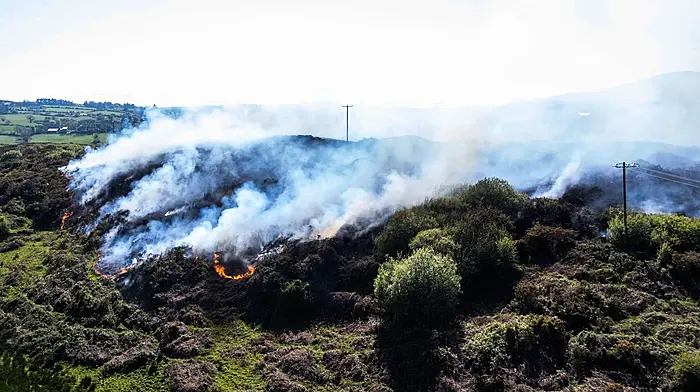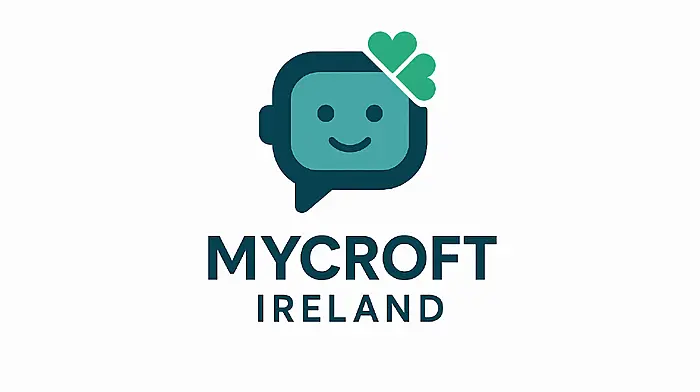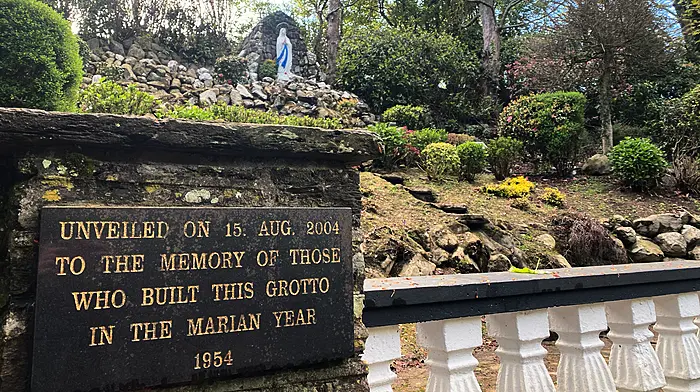EDITOR –Some national politicians have questioned why a Catholic ethos should be present in our schools.
Perhaps the reason lies in the fact that the overwhelming majority of children are from a Catholic background and that their parents have a sneaking feeling that the Catholic ethos is the most compassionate, coherent and comprehensive available.
These parents are delighted to see kindness and a belief that our lives have a significance beyond our ability to fit into a consumerist-driven economy, taught alongside mathematics, geography, etc.
Those who do not appreciate this are largely unwilling to put the time, effort and money into founding and sustaining schools having an alternative ethos.
It would be strange if the presence of children from these parents – who are unwilling to set up their own schools – should result in parish schools dumping what is distinctively Catholic.
If the tables were turned, would these parents, having gone to the trouble of setting up their own schools, consider it fair to be forced to abandon their preferred ethos, on account of the presence of few children from some other background?
Democracy is founded upon the interchange of ideas, not an obsession with obliterating particular perspectives, Christian or otherwise.
The dominant political, media and corporate driven ideology of today’s world, casualises sex, relationships and even life itself; marriage, family-life and having children are optional extras.
Currently the birth rate of every European country has fallen below its self-replacement value. In other words, we are in the process of self-extermination.
The Christian approach to life, including relationships and our sexuality education, helps our young people to embrace a life of meaning and personal responsibility that is both rewarding and sustainable. It is indeed worthy of our support.
Gearóid Duffy,
Lee Road, Cork.
Hares under attack from all angles
EDITOR – Among the mammals severely threatened by climate change, according to the World Wildlife Fund in its Feeling the Heat report, are mountain hares.
This should concern us because Ireland’s hares face a growing threat from multiple sources. The Irish hare is a sub-species of the mountain hare that is unique to Ireland. Aside from climate change, it has to contend with loss of habitat resulting from urbanisation and the unintended impact of modern agriculture.
It also struggles to survive the relentless human predation that some people like to call ‘sport’, ie it can be legally harried with hounds, chased and killed by mounted hunts, and netted for use as live bait by more than 70 coursing clubs.
As if this weren’t a daunting enough set of challenges, the past two years have witnessed the spread of the deadly RHD2 virus in the countryside, a disease that is highly contagious and fatal to hares and rabbits, which it kills agonisingly.
It can be spread by coursing activities, especially via the use of nets to capture hares and the practice of corralling them into compounds or paddocks where these normally solitary creatures endure lengthy periods of stressful and unnatural captivity. One diseased hare can quickly infect the others in such a confined milieu. The government adopted limited measures to curb the RHD2 threat last year by cancelling a dozen coursing fixtures and politely asking coursing clubs to be vigilant.
This was a hopelessly inadequate response that has failed to eliminate the disease. I hope the government, with its supposedly ‘greenish’ tinge, will take more effective action to protect our native hares.
Hare coursing must be permanently banned, both to safeguard this gentle creature from wanton cruelty and, more urgently, to prevent the disappearance of the entire species from our island, which would represent an ecological catastrophe.
John Fitzgerald,
Callan, Co Kilkenny
Bus plan mirrored mine
EDITOR – Recently you featured a plea from one of our local councillors for relief from the congestion caused by buses in Skibbereen. With a background in the industry, my idea, last January, for a suitable remedy mirrored almost exactly what Cllr Carroll has put forward. I emailed my suggestion to the relevant authorities but was told the plea had been ‘unsuccessful’.
I’ve always thought that our elected councillors are in overall policy control of civic amenities such as roads, which leads me to wonder who might have rejected my proposal.
With the possible addition of kiosks to dispense refreshments and tourist information, plus a couple of limited time parking bays for visiting tour buses, the transport offer could be far superior than at present.
A bespoke taxi rank on the town side of the river would complete the picture, with the added benefit of saving the cost of the existing tourist office, for which the taxpayer currently pays €10,000 a year, I believe.
If we can know who is blocking progress, we might be reassured the tail isn’t wagging the dog?
Nick Turner,
Drimoleague.








